Mobile EMR App Development: A New Era in Healthcare Delivery
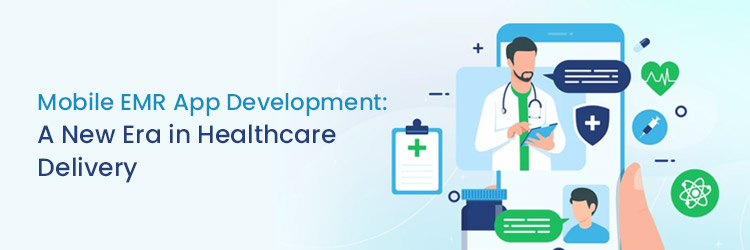
In the present day of healthcare, access is not just a luxury; it’s a necessity. Impacting patient expectations and the need to be precise, mobile access to Electronic Medical Records (EMRs) is redefining care. Armed with EMRs that literally fit in their pockets, healthcare professionals are bringing nurse efficiency, organizational transparency, and more individualized patient care to the table.
Table of Contents
1. A Turning Point in Digital Healthcare

Understanding the urgent demand for improved access and coordination, electronic medical records companies have adopted mobile app development as a revolutionary answer. This movement represents a new era in healthcare—one where patients and clinicians are able to share critical information anywhere, at any time.
More than 90% of doctors, according to recent polls, value mobile EMR apps and use them most in emergency and on-the-move situations. This move towards mobile platforms isn’t a fad—it’s the future of patient-focused, scalable care.
2. The Game-Changing Benefits of Mobile EMRs
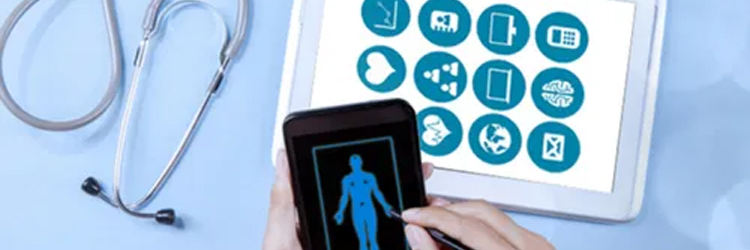
1. Unmatched Transparency & Patient Empowerment
Mobile apps give patients immediate access to their medical information, including lab results, prescriptions and medical histories, thereby improving transparency and resulting in an increase in satisfaction. In fact, a 2023 KLAS Research study found that 78% of patients felt more engaged in their care when mobile portals were available. In turn, this transparency creates a stronger patient-provider relationship and enables more informed healthcare decisions.
2. Seamless, Anytime Access
Mobile EMR apps provide clinicians the ability to view and edit records from nearly any location. Reviewing test results from home, editing charts on rounds at the hospital, the apps remove geography restrictions and condense workflows. For patients, that translates to reduced delays and more anticipatory care delivery.
3. Better Communication, Instant Support
Secure messaging functions allow patients to communicate with their providers directly, reducing delays and improving response time. Whether a quick question or a longer follow-up discussion, mobile applications can close the communication loop, forming a personal real-time bond between clinicians and patients.
4. Real-Time Data Sync for Smarter Decisions
Mobile EMR systems facilitate real-time updates, allowing providers to make quicker, more informed clinical decisions. Whether being used to monitor vitals, update medication lists, or review new test results, mobile synchronization decreases reliance on desktop systems and speeds up care delivery—sometimes saving lives in emergency situations.
5. Bridging the Gap in Rural and Remote Healthcare
One of the strongest effects of mobile EMR applications is that they can provide quality care to underserved communities. From the remote village to the on-the-move urban clinic, mobile apps eliminate location as a barrier. To date, as reported by the WHO, mobile health technology has increased healthcare access to more than 400 million rural patients since 2020.
Products such as NextGen and Experity EMR work particularly well in environments with poor internet connectivity, with offline capabilities and data synchronization functionalities that support care continuity.
3. Debunking the Myth: Data Security Risks

Far from the popular myths, mobile EMR applications are developed with robust security features. Market leaders and best EMR for urgent care, such as DrChrono and Experity EMR employ HIPAA-compliant infrastructure with military-grade encryption, biometric authentication, secure cloud backups, and role-based access controls.
These capabilities not only safeguard confidential health data but also give confidence to patients and providers alike.
4. Top 5 Mobile EMR Apps Transforming Healthcare

1. Epic MyChart
Best For: Patient Engagement & Telehealth
Features:
- Access to records, test results, and immunization history
- Secure messaging with providers
- Virtual care via telehealth
- Easy appointment scheduling and medication refills
Used By: Cleveland Clinic, Kaiser Permanente, Johns Hopkins
Why It Stands Out: Seamlessly integrates with Epic’s EMR system, offering the industry’s most comprehensive patient portal experience.
2. Cerner Mobile
Best For: Clinicians on the Move
Features:
- Real-time lab and imaging access
- Mobile e-prescribing and order entry
- Specialty-specific workflows
- Offline access in low-connectivity zones
Used By: HCA Healthcare, UPMC, AdventHealth
Why It Stands Out: Designed for speed and mobility, reducing reliance on desktops while maintaining clinical accuracy.
3. athenaOne (athenahealth)
Best For: Small Practices & Virtual Care
Features:
- Unified EMR and telemedicine platform
- AI-based billing and coding support
- Mobile patient check-ins and payments
- Cloud-based with low IT maintenance
Used By: Independent clinics nationwide
Why It Stands Out: Intuitive and easy to adopt, it empowers smaller practices to run efficiently with minimal tech burden.
4. MEDITECH Expanse Mobile
Best For: Hospitals & Emergency Care
Features:
- Rapid access to critical patient info
- Voice-to-text documentation
- Integration with wearables (e.g., Apple Watch)
Used By: Steward Health Care, Avera Health
Why It Stands Out: Built for high-stress environments, this app speeds up triage, decision-making, and patient response in ER settings.
5. DrChrono
Best For: Customizable Workflows & Mobile Charting
Features:
- Complete mobile EMR experience
- Digital intake and real-time eligibility checks
- Integrated billing and practice management
Used By: Urgent care centers, concierge practices
Why It Stands Out: Mobile-native and highly customizable, it fits the unique needs of various specialties and workflows.
5. Conclusion: A Smarter, More Accessible Future

Mobile app development for EMR access isn’t just innovating healthcare—it’s transforming it. Mobile EMR apps create a more connected, inclusive and efficient care environment through improved patient access, enhanced provider efficiency, and guaranteed secure communication.
Whether you are a provider wanting to improve outcomes, or a healthcare network with aspirations for digital transformation, embracing mobile EMR technology is an essential step to the future of health care.
Fact Time!
Over 90% of healthcare professionals use mobile EMR apps to improve patient care, especially in emergency situations.
Global Education Consultancy
I highly recommend MATEBIZ; they have completed several excellent projects for our company.
Recent Blogs
-
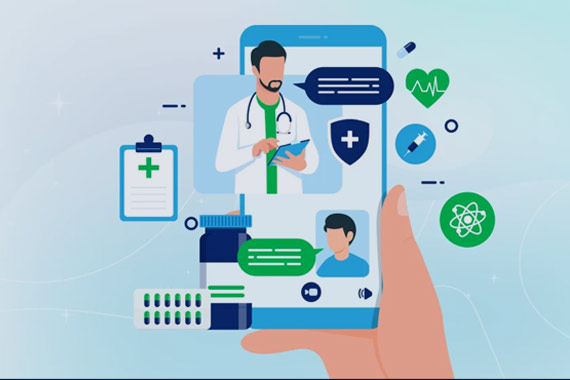 Mobile EMR App Development: A New Era in Healthcare Delivery
Mobile EMR App Development: A New Era in Healthcare Delivery
-
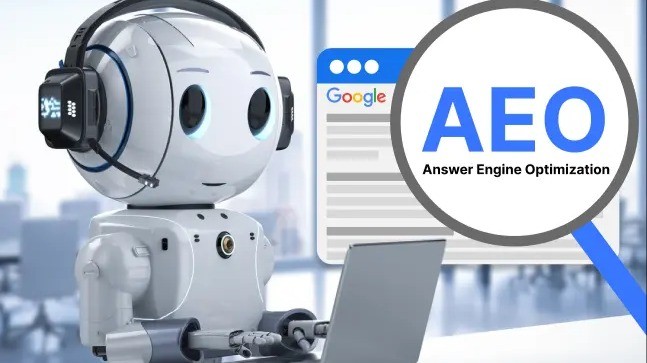 How to Get Started With Answer Engine Optimisation (AEO)
How to Get Started With Answer Engine Optimisation (AEO)
-
 What Are Google’s E-E-A-T Principles: Building Trust for AEO Success
What Are Google’s E-E-A-T Principles: Building Trust for AEO Success
-
 How to Choose the Right IT Outsourcing Partner: Key Criteria to Consider
How to Choose the Right IT Outsourcing Partner: Key Criteria to Consider
-
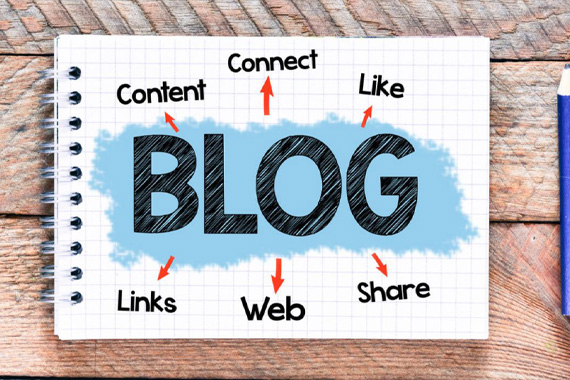 Tips to Write Blogs that Attract Visitors and Increase Visibility
Tips to Write Blogs that Attract Visitors and Increase Visibility


